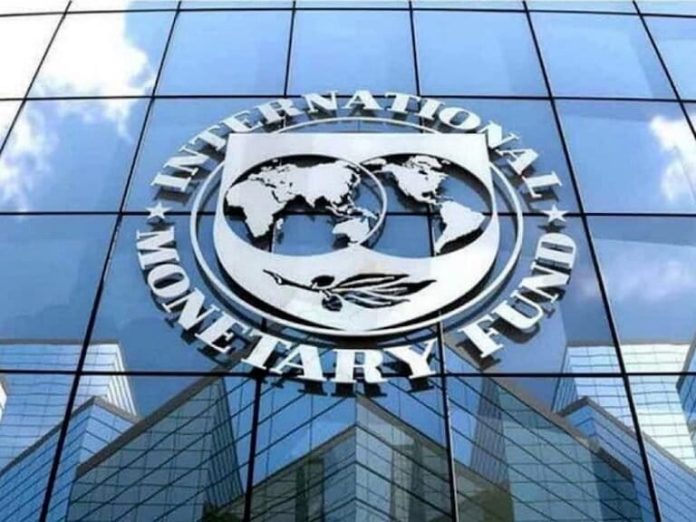Nigeria has officially cleared its debt to the International Monetary Fund (IMF), marking a significant milestone in the nation’s economic journey. The IMF’s latest report, “Total IMF Credit Outstanding – Movement from May 01, 2025 to May 06, 2025,” confirms that Nigeria is no longer listed among its debtor countries, which currently includes 91 nations with a combined debt of over $117 billion.
The debt repayment pertains to a $3.4 billion loan secured in April 2020 under the IMF’s Rapid Financing Instrument (RFI), aimed at mitigating the economic impact of the COVID-19 pandemic. Nigeria’s outstanding debt to the IMF decreased from $2.47 billion in 2023 to $800.23 million in 2024, culminating in full repayment by April 30, 2025.
While the principal amount has been settled, Nigeria will continue to service interest and administrative charges, estimated at over SDR 22 million (approximately $30 million) in 2025, with similar obligations projected annually until 2029.
Presidential aide O’tega Ogra lauded the development as a testament to the Tinubu administration’s commitment to fiscal discipline and strategic economic reforms. He emphasized that this achievement positions Nigeria to strengthen its fiscal credibility and engage with international financial institutions proactively rather than out of necessity.
The IMF has acknowledged Nigeria’s efforts, noting that recent reforms—such as halting deficit financing by the Central Bank, removing fuel subsidies, and enhancing foreign exchange market operations—have contributed to economic stabilization and resilience.


